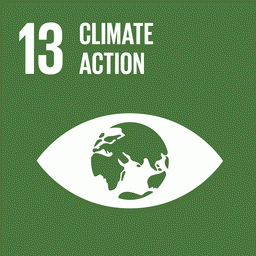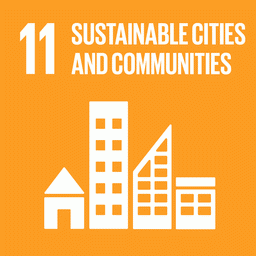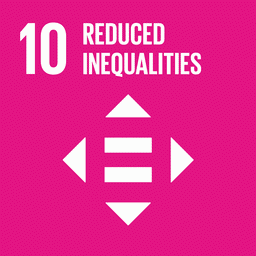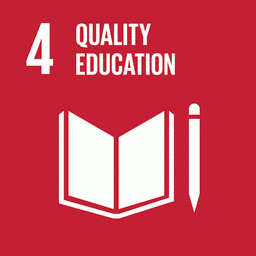Karina Custódio*
Adaptation and climate mitigation were the main themes of the meeting between indigenous leaders in Belém, which plans strategies for the actions of indigenous peoples at COP30. For three days (March 19-21), 28 indigenous representatives from the five regions of Brazil took part in the II Course of the Indigenous Committee on Climate Change (CIMC). The Amazon Environmental Research Institute (IPAM) took part in the training, offering technical and scientific support to the discussions.
Sineia Wapichana, co-chair of the Indigenous Caucus for Latin America and the Caribbean, is also one of the coordinators of the CIMC. “A very important theme during the discussions was the impact of climate change on isolated peoples, brought up by Beto Marubo. We also had the opportunity to learn more about how the Indigenous Caucus works and the platform of indigenous peoples and communities,” explains the indigenous activist and scientist.
IPAM, which has supported CIMC since its creation, took part in the meeting by presenting a scientific overview of climate issues and the functioning of institutions and spaces for international discussions, such as the IPCC (Intergovernmental Panel on Climate Change). It also recalled the history of the COPs negotiations.
“Indigenous peoples are increasingly gaining a foothold in the Climate Conferences, and at this COP strategic spaces were achieved. Strengthening them can change the way climate policy is made. IPAM was one of the first organizations to support the presence of indigenous organizations at the COP, because we understand the importance of including them in decision-making spaces on climate,” says Martha Fellows, a researcher at IPAM.
The meeting marks a moment of renewal for the CIMC, with the formation of new members to take part in COP30. Maioque Rodrigues, from the Terena indigenous people and a teacher in the municipal school system, tells us how the training will help with the November event.
“The course is extremely important for understanding the dynamics of the event. I’ve never taken part in a COP, so this is something new for me. I’m gaining access to information that wasn’t part of my reality. Talking about climate change is commonplace within the territory, but talking about climate policy is very complex,” says the professor.
The training was carried out by APIB (Articulação dos Povos Indígenas do Brasil) in partnership with IPAM, with the support of EDF (Environmental Defense Fund), Rainforest Foundation Norway and Greenpeace Brasil.
Communications analyst*
Cover photo Natália Tejada/IPAM*



